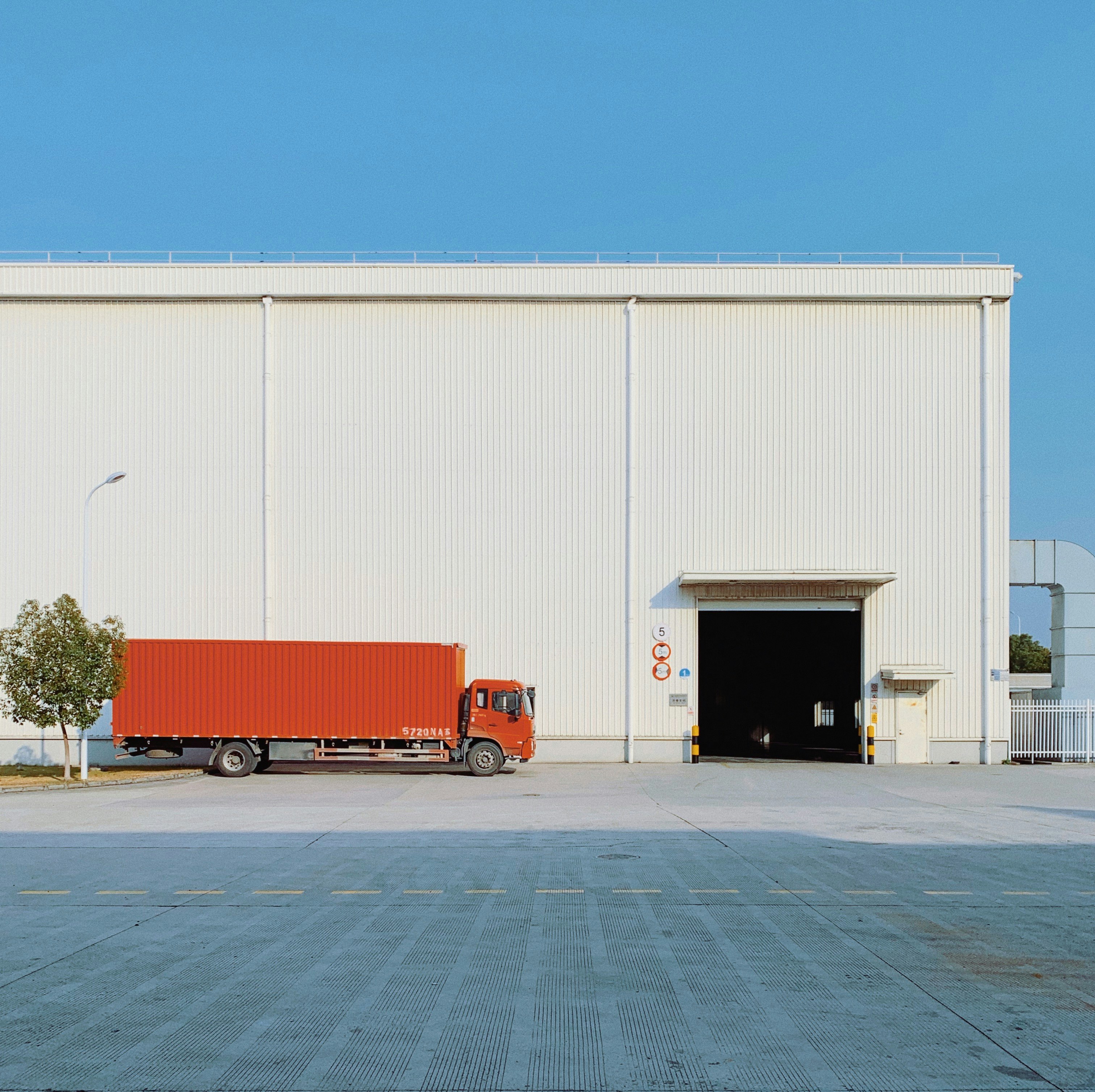- Self-driving automobiles
Self-driving cars are a new talking point in the world today. Many automakers are trying their best to find out ways in which self-driving vehicles can help. While the self-driving automobile sector is still in its early stages of development, it is finally here with us and is already proving to be of great value for the transport and logistics sector. Although some of the major concerns in self-driving vehicles, such as accidents, there is a great potential for this industry in the future.
- The internet of things
The internet of things (IoT) is among the leading technologies that are changing the transport, logistics, and supply chain in general. IoT ensures that people and items are connected through networks. The vast connected networks will influence many aspects of driving, such as the planning of routes. The IoT sensors placed in vehicles communicate with the GPS services to determine the right routes. This directs drivers on the best route they should take. Sensors are also crucial in alerting drivers of the position of other vehicles on the road, therefore preventing collisions. IoT is also useful in monitoring the status of the products/items being transported by identifying things such as temperature and the humidity of the containers.
- High-speed rail networks
Railways have been there for decades and have proven to be helpful in the supply chain. However, high-speed rail networks are a new area of interest that is generating tremendous interest across the world. Beginning with Asian nations such as Japan and China, countries are hoping to increase their networks to make transportation effective. According to the officials, the United States is already in the initial stages of constructing high-speed rail networks. They are considering more than ten high-speed rail networks.
- Advanced GPS tracking technology
Global positioning systems (GPS) have been helpful to logistics service providers in managing their supply routes for decades. In the past, GPS was used to assist in route planning, tracking freight, and providing general estimations for shipping costs. The modern GPS systems allow logistics firms to develop a better and accurate plan for their routes and adjust to weather. With mobile applications, customers can easily access freight tracking programs online.
- Advancement in Wireless communication and CRM
Modern logistics companies are taking advantage of the advanced communication networks to deploy proprietary software or (Customer Relationship Management) CRM programs. This allows them to connect with their customers faster, accurately, and with little to no downtime. Most of these CRMs are cloud-based, therefore allowing remote access to customer’s logistics accounts via any internet connection. The enhanced customer service will improve efficiency among logistics firms.
- Drones
Drones is a massive industry that has seen tremendous growth in many industries. In the United States, the introduction of Exemption 333 in 2015 by the Federal Aviation Authority (FAA), which lifted the prohibition of flying drones, saw many companies and individuals adopting drones. This led to massive investment and subsequent growth in the sector. Now companies such as Walmart and Amazon are investing in drone deliveries, an aspect that will change the supply chain industry for the better.





